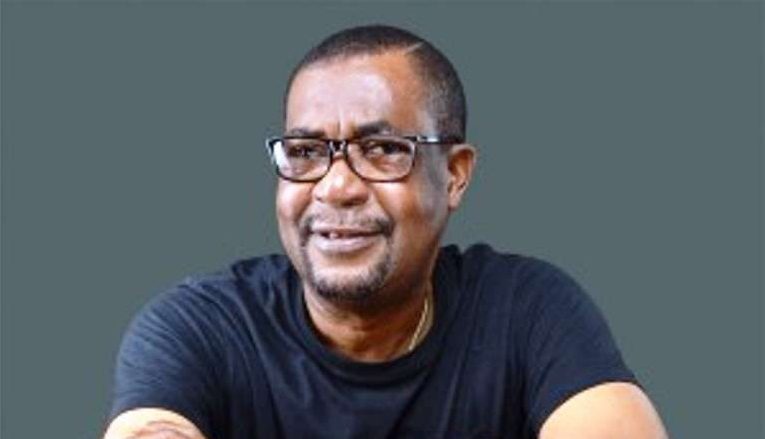A federal high court in Abuja has dismissed a suit filed by Olu Agunloye, a former minister of power and steel, against the Economic and Financial Crimes Commission (EFCC).
Agunloye had alleged a breach of his fundamental human rights by the EFCC.
Delivering judgment on Monday, Obiora Egwuatu, presiding judge, held that the suit was an attempt by Agunloye to shield himself from criminal investigation, and an act to make the court interfere with the mandate of the commission to invite him for interrogation, pursuant to Sections 6 and 7 of the EFCC Act.
“In totality, I am unable to see any breach of the applicant’s right to personal liberty, freedom of movement, ” the judge said.
BACKGROUND
The EFCC is investigating the former minister over his alleged involvement in a $6 billion Mambilla hydropower contract awarded to Sunrise Power in 2003.
Sunrise Power had, on October 10, 2017, commenced arbitration against Nigeria at the International Court of Arbitration, Paris, France, seeking a $2.354 billion award for “breach of contract” in relation to a 2003 agreement to construct the 3,050MW plant in Mambilla, Taraba state, on a “build, operate and transfer” basis.
Agunloye had filed the motion on notice marked: FHC/ABJ/CS/863/2023 on June 27, 2023, through his lawyer, Bolaji Ayorinde.
Amongst the seven reliefs, the former minister had sought a declaration that his continuous invitation, interview and interrogation by the anti-graft agency in connection with the Mambilla contract was “arbitrary, malicious, unconstitutional and unlawful”.
He said it constituted a gross violation of his rights to dignity, personal liberty and freedom of movement.
He said EFCC’s continuous invitation, interrogation and subsequent threat of arrest were aimed at cajoling and intimidating him into making false and incriminating statements.
Agunloye had prayed the court for a perpetual injunction restraining the commission and its agents from arresting, detaining, harassing, further inviting, or interrogating him in respect to the award of contract to SPTCL by the federal government of Nigeria, among others.
The former minister also sought an order directing the EFCC to pay him the sum of N100 million in damages.
EFCC RESPONSE
However, the EFCC, in its 42-paragraph counter affidavit, refuted the allegations made by the former minister.
The commission said Agunloye was not subjected to inhumane treatment on the day he was interviewed, and that the interview session did not last more than three hours, contrary to the ex-minister’s claim of eight hours.
In the judgment, Egwuatu held that “no fundamental right should be above a state or country and no court should be used to stop an investigating agency from doing their work”.
“There is evidence before the court that two of the applicant’s lawyers were present when he was being interviewed,” he said.
The judge, who held that he saw no breach of Agunloye’s rights in the invitation by the EFCC, said Sections 6 and 7 of the EFCC Act backs the commission.
